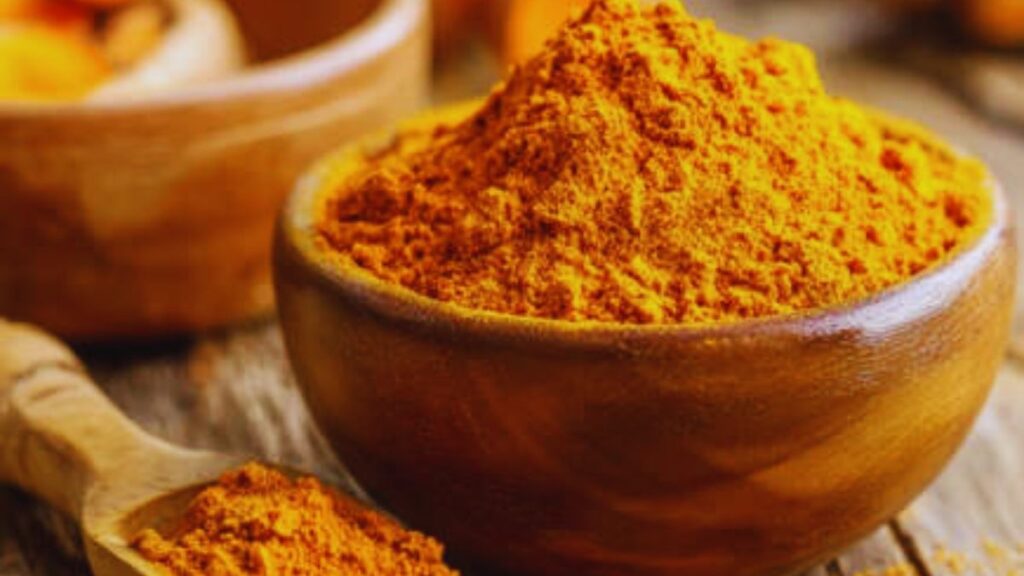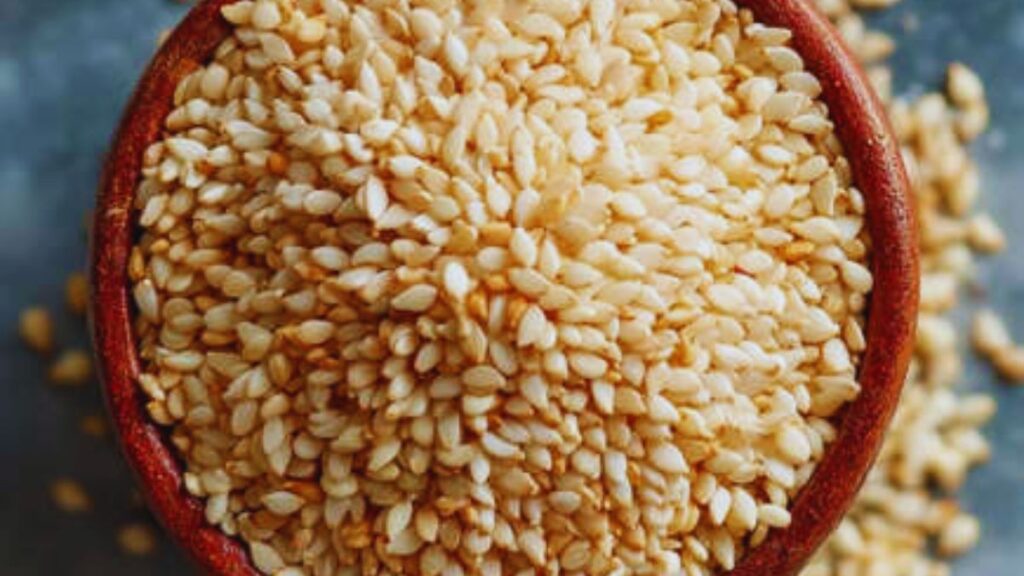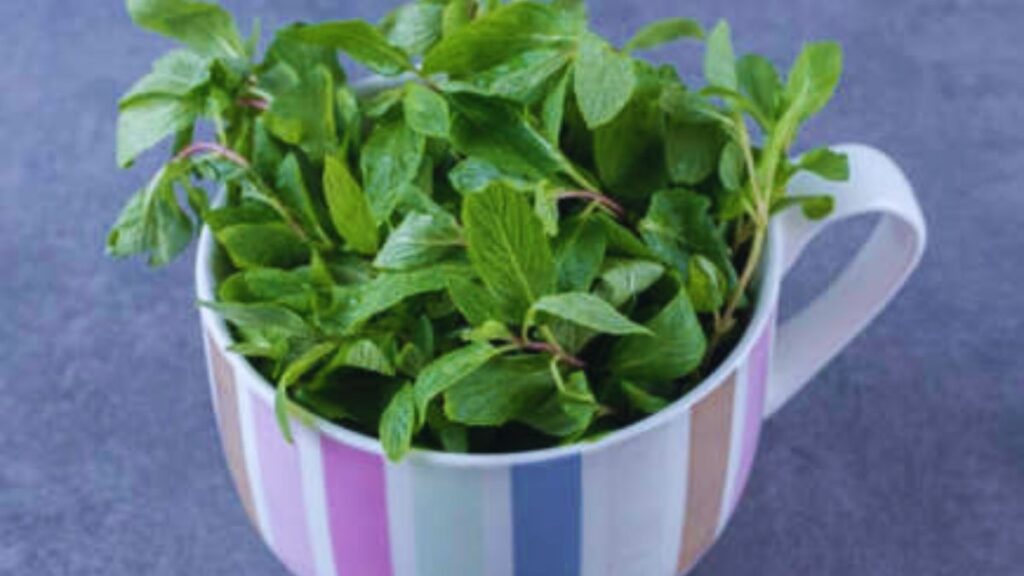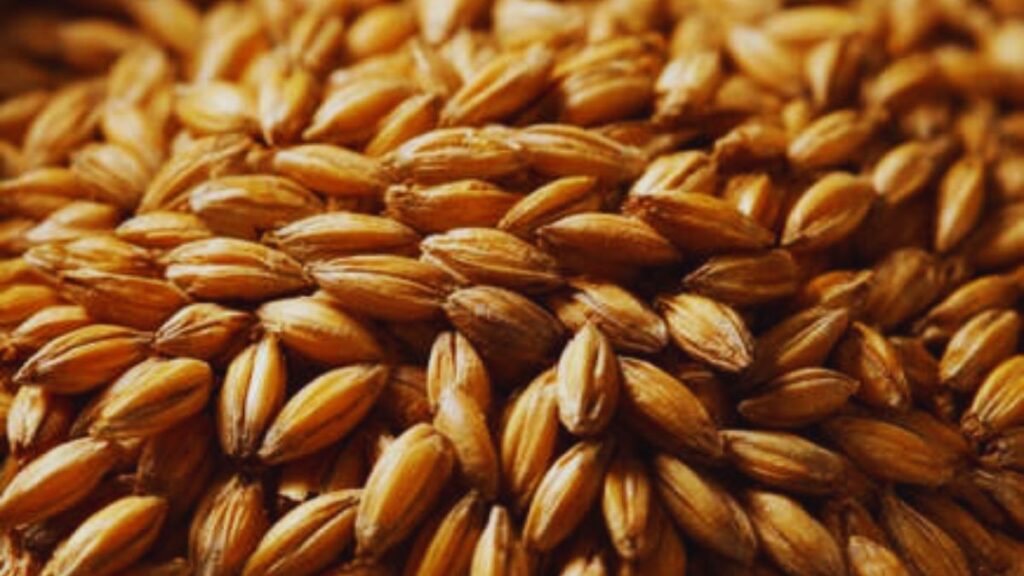Ayurveda, India’s 5,000-year-old system of natural healing, emphasizes the deep connection between nature and human health.
From herbs and seeds to natural fats and fruits, the ancient texts describe several ingredients that can rejuvenate the body, balance the doshas (Vata, Pitta, and Kapha), and promote overall well-being. Many of these ingredients are still used today for their healing and nutritional benefits.
Here’s a look at seven powerful Ayurvedic ingredients found in Indian kitchens since time immemorial, and how they can enhance your health naturally. These are counted as ‘superfoods’ for the immense medicinal benefits they have.
Top 7 Ayurvedic Ingredients That Boost Digestion
1. Turmeric
Turmeric has been revered in Ayurveda & ancient Vedas since centuries as a natural purifier and healing agent. The bright yellow spice contains curcumin, a compound known for its strong anti-inflammatory and antioxidant properties.
- In Ayurveda, turmeric is used to purify the blood, heal wounds, and improve digestion. It also supports liver health and boosts immunity. Regular consumption of turmeric—whether added to milk, curries, or taken as a supplement—can help combat infections, reduce inflammation, and promote radiant skin.
Modern Tip: Add a pinch of turmeric to your daily smoothie or drink a warm cup of turmeric milk at night for better immunity and restful sleep.

2. Sesame Seeds
Sesame seeds, or Til, are among the most nutrient-dense foods in Ayurvedic nutrition. They are an excellent source of calcium, iron, magnesium, and healthy fats—nutrients essential for maintaining strong bones, healthy skin, and balanced hormones.
- Ayurvedic practitioners highly recommend sesame oil for Abhyanga (self-massage) to nourish the skin, strengthen joints, and calm the nervous system. Consuming these seeds also supports heart health and helps in balancing Vata dosha, especially during the cold season.
Modern Tip: Sprinkle roasted sesame seeds on salads or mix them into smoothies for an extra nutrient boost.

3. Amla – The Powerhouse of Vitamin C
Amla, or Indian gooseberry, is considered one of the most potent rejuvenating herbs in Ayurveda. It is rich in vitamin C and antioxidants, which help strengthen the immune system, promote hair growth, and improve digestion.
- Ayurveda praises Amla for its balancing nature—it balances all three doshas: Vata, Pitta, and Kapha. Regular consumption of Amla supports metabolism, enhances skin texture, and helps in detoxification.
Modern Tip: Drink fresh Amla juice in the morning or include it in chutneys and herbal teas for daily rejuvenation.

4. Ghee
Ghee, or clarified butter, holds a special place in Ayurveda—not only as a dietary staple but also in rituals and healing practices. It is known to enhance digestion, lubricate the joints, and improve the absorption of nutrients.
- According to Ayurvedic texts, ghee promotes Ojas, the vital essence that sustains physical strength, emotional balance, and immunity. It is also used as a base in many Ayurvedic formulations due to its ability to carry herbs deep into the tissues.
Modern Tip: Use a spoonful of ghee in your daily meals instead of processed oils for better digestion and glowing skin.

5. Honey – Nature’s Medicine
Honey (Madhu) has been described in Ayurveda as a natural healer with antibacterial and rejuvenating properties. It helps in balancing the Kapha dosha, supports weight management, and provides instant energy.
- Ayurvedic practitioners often use honey as a medium to deliver herbs into the system. It also acts as a natural preservative and enhances the flavor of medicinal concoctions. However, Ayurveda cautions against heating honey, as it destroys its natural enzymes and healing properties.
Modern Tip: Mix a spoon of raw honey with warm water and lemon juice every morning to aid digestion and detoxify the body.

6. Tulsi – The Holy Basil
Tulsi, also known as Holy Basil, is one of the most sacred plants in Indian households. In Ayurveda, Tulsi is considered an elixir of life that helps in preventing and curing respiratory ailments, colds, and infections.
- It possesses antimicrobial and anti-inflammatory properties, making it excellent for stress relief and immunity. Traditionally, Tulsi was worshipped in Vedic homes for its spiritual and medicinal value. Today, Tulsi tea and supplements are popular worldwide for enhancing respiratory health and energy.
Modern Tip: Start your day with a cup of Tulsi herbal tea or chew a few fresh Tulsi leaves to strengthen your respiratory system naturally.

7. Barley – Ancient Grain
Barley (Yava) is a wholesome grain highly regarded in Ayurveda for its lightness and digestive properties. It is rich in fiber, vitamins, and minerals, making it ideal for weight management and cholesterol control.
- Barley water is a popular Ayurvedic detox drink that helps in cleansing the urinary tract and promoting kidney health. It also balances the Kapha and Pitta doshas, keeping the body cool and energetic.
Modern Tip: Replace refined grains with barley in soups, salads, or porridge for a healthier, fiber-rich diet.

Ayurvedic wisdom reminds us that good health lies in harmony with nature. These seven time-tested ingredients—Turmeric, Sesame Seeds, Amla, Ghee, Honey, Tulsi, and Barley—are more than just food; they are nature’s medicines that nurture the body, mind, and soul.
Incorporating these Ayurvedic essentials into your daily life can help you build resilience, boost immunity, and achieve holistic well-being—naturally and sustainably.



